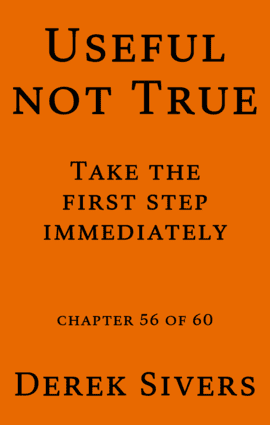2026-02-10 08:00:00
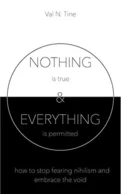
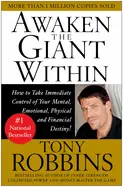
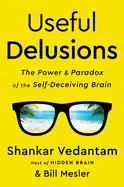
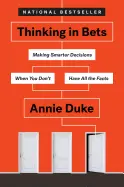
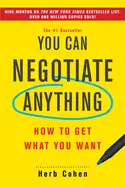
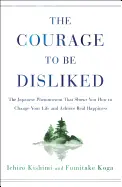
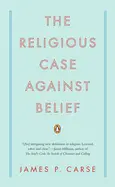
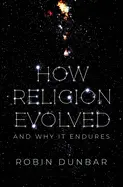
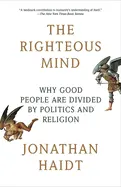
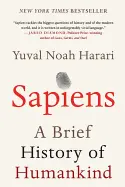
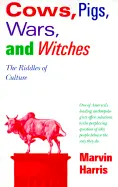
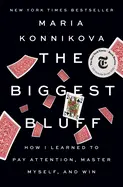
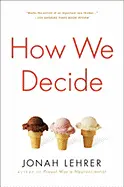
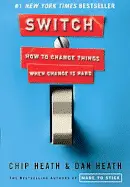
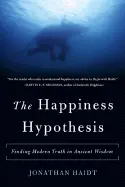
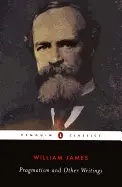
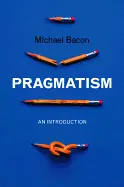
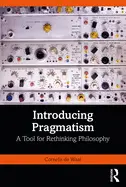
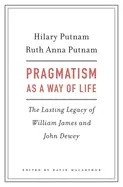
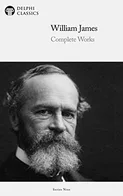
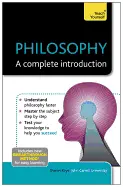
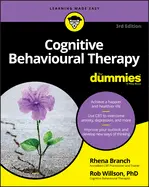
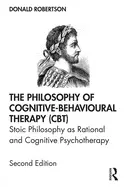
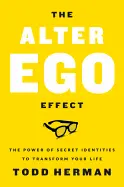
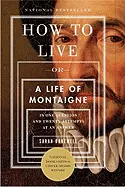
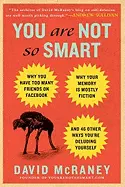
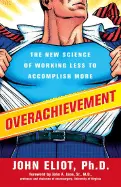
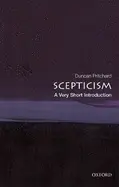
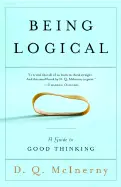
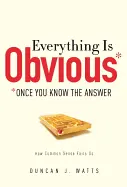
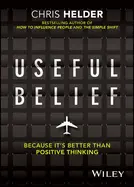
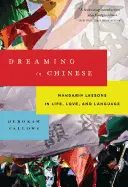
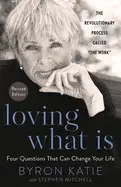
2026-02-09 08:00:00
I have so much more to say on this subject, but this book is done now because I believe short books are useful. So the conversation continues on the website:
There you will find more thoughts and stories around “Useful Not True”. Please email me any questions or thoughts. I reply to every one. Go to:
To share my books with others, get them directly from me with quantity discounts, at:
I hope you found this book useful, not true.
—— Derek Sivers
New Zealand
June 2024 (Saturday, winter)
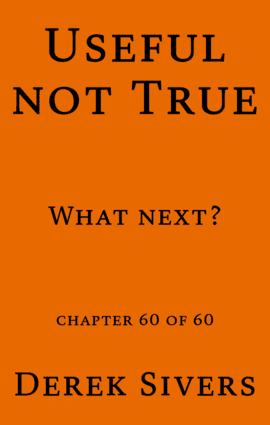
2026-02-08 08:00:00
For the last three years, my boy and I have had a pet mouse. We got her from a pet store, and he’s carried her in his hand through so many adventures in forests, beaches, and playgrounds. She sat on many little handmade boats down the creeks of New Zealand. Sand castles and Lego houses built just for her. Drawings and stories for and about her. You’ve never seen a mouse so loved.
The past six months, she’s been next to me on my desk, twelve hours a day, as I wrote this book. Moving slower and wobbling, looking like she’s in pain. This week, she kept falling over when trying to eat. Thirty minutes ago, she died. I’m surprised how much I’ve been crying.
As soon as she died, she looked at peace for the first time in months. It led to a thought that seems like a nice end to this book, and gives it extra meaning for me. Heaven is such a useful reframing. Maybe it’s the original reframing. Death can be terrifying or devastating, so no wonder every culture found a way to reframe it.
Some people avoid loving pets or even people, because they’re scared of the eventual heartbreak and loss. But avoiding sadness is like listening to music with only major chords. The minor chords are so beautiful. I’m crying, but isn’t that wonderful? It’s a part of a rich life.
And even that is reframing. It’s a useful belief that has helped me love people and pets, again and again.
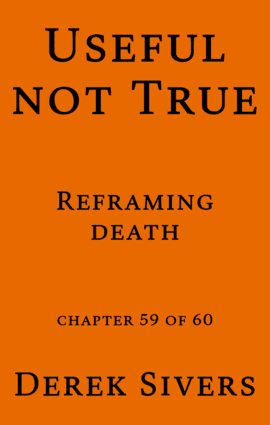
2026-02-07 08:00:00
Your outside doesn’t need to match your inside.
You can feel terrified inside, but just pretend to be brave for one minute. By doing that, you were actually brave.
You might be a total introvert, but need to attend an event, so you act social for one hour. By pretending to be social, you were.
You can imitate your role model. Many top performers have an alter ego — a Jekyll to their Hyde or vice-versa — a side of themselves they personify and bring out when needed. It’s not Maria who negotiates. It’s El Tigre.
I wasn’t usually in the mood to be a good dad. But knowing how important it is, I’d collect my strength and do the right thing for a few minutes or hours — a short burst of being who my boy needed me to be. After years of that, we have an amazing relationship, and he tells everyone he has the best dad ever.
You are your actions. Your actions are you. Your self-image doesn’t matter as much.
When you realize what you need to do, it doesn’t mean that’s who you need to be. You can just pretend.
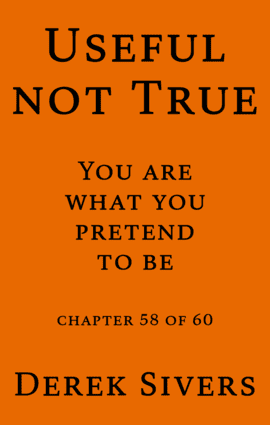
2026-02-06 08:00:00
When I got my first guitar, the nice man at the shop put on new strings and tuned it. A week later, I brought it back to the shop because it sounded terrible. He told me it was just out of tune. I said, “But you tuned it already!” He explained that I constantly have to re-tune it every time I play.
Same with adopting a new mindset. Every week, back in the journal, reflecting, talking with friends, and making adjustments.
Sometimes you need to stick to the plan exactly, and only adjust your thoughts. Sometimes you need to update the plan. Use your wisdom to decide.
Don’t be discouraged when you get off course. A big benefit of keeping a journal is that you can go back and review it, to remind yourself what you’re doing and why.
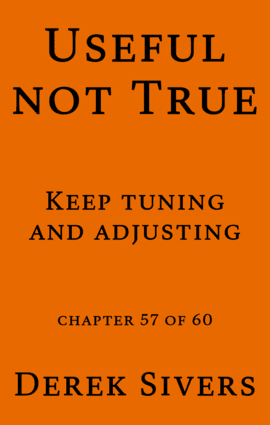
2026-02-05 08:00:00
I spent basically my whole life in America, and had no desire to travel or be anywhere else. But one day I was thinking about growing older, and how people get stuck in their ways as they age. I thought what a learning experience it would be to move somewhere far away — somewhere that surprises me every day. Doing that often would be great for my brain.
The more I wrote about it in my journal, the more I felt it matched my values. So, out of curiosity, I looked up the price of a flight to London. I picked a random departure date four months away, and a return date six months after that. It was only $400 round trip — a crazy sale price too good to miss. So without hesitation, I typed in my credit card and booked it.
It took a few seconds to realize what I’d done. I just committed to moving to London for six months. Whoa.
Four years later, I was living in Singapore, had a baby with a woman from India, and moved to New Zealand to raise him. I’m a citizen of three countries now, and deeply happy with my life. I think of the impact of impulsively booking that flight.
On the other hand, there were many times where I thought I wanted something — in theory — then took the first step, and realized I was wrong. Taking action tests your thought in reality.
Here’s a good rule from experience: If you’re considering something destructive — that would hurt someone or yourself — be very reluctant, keeping all other options in mind for some time. But for anything else, take the first step immediately, without hesitation. Start momentum.
